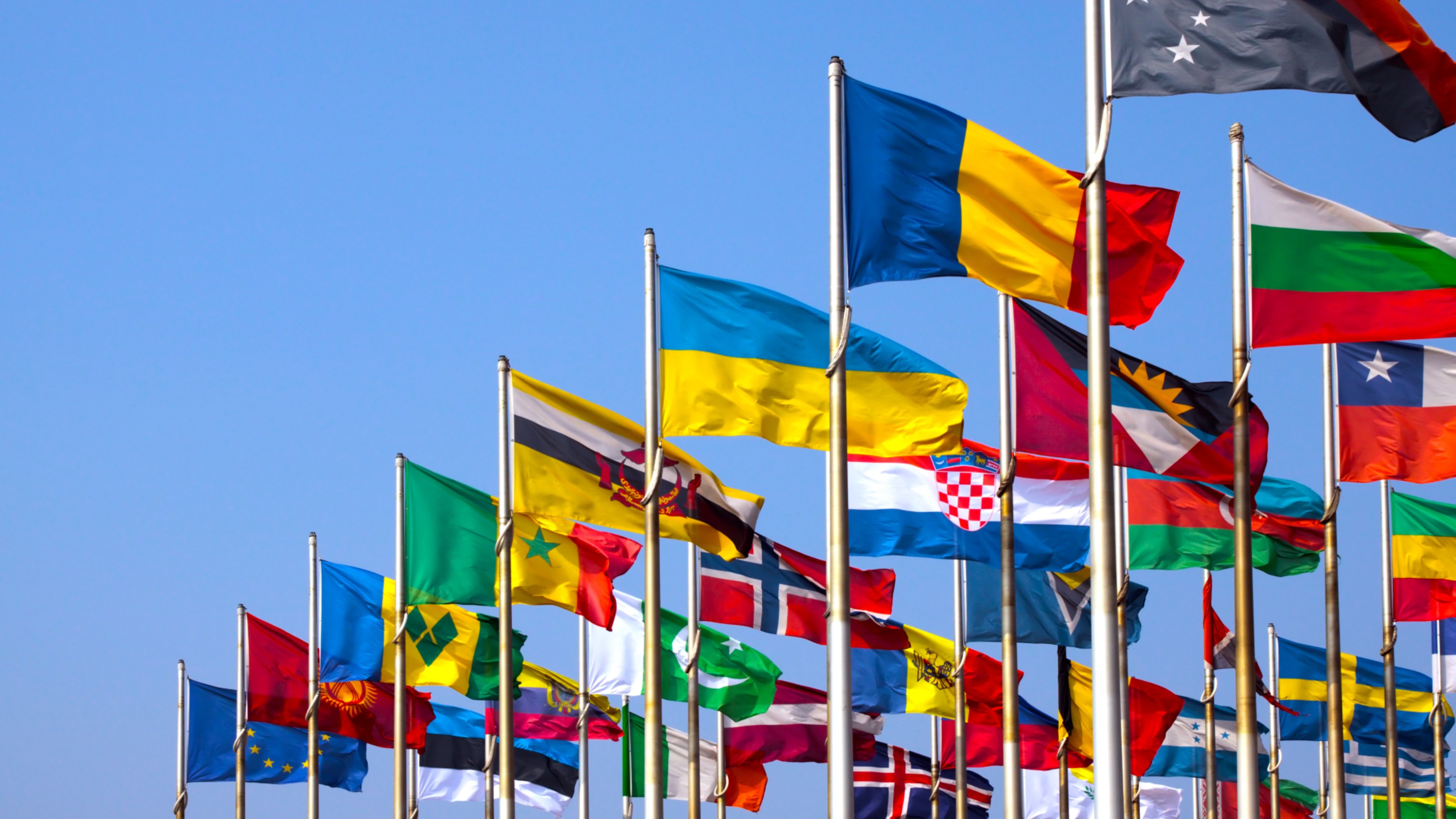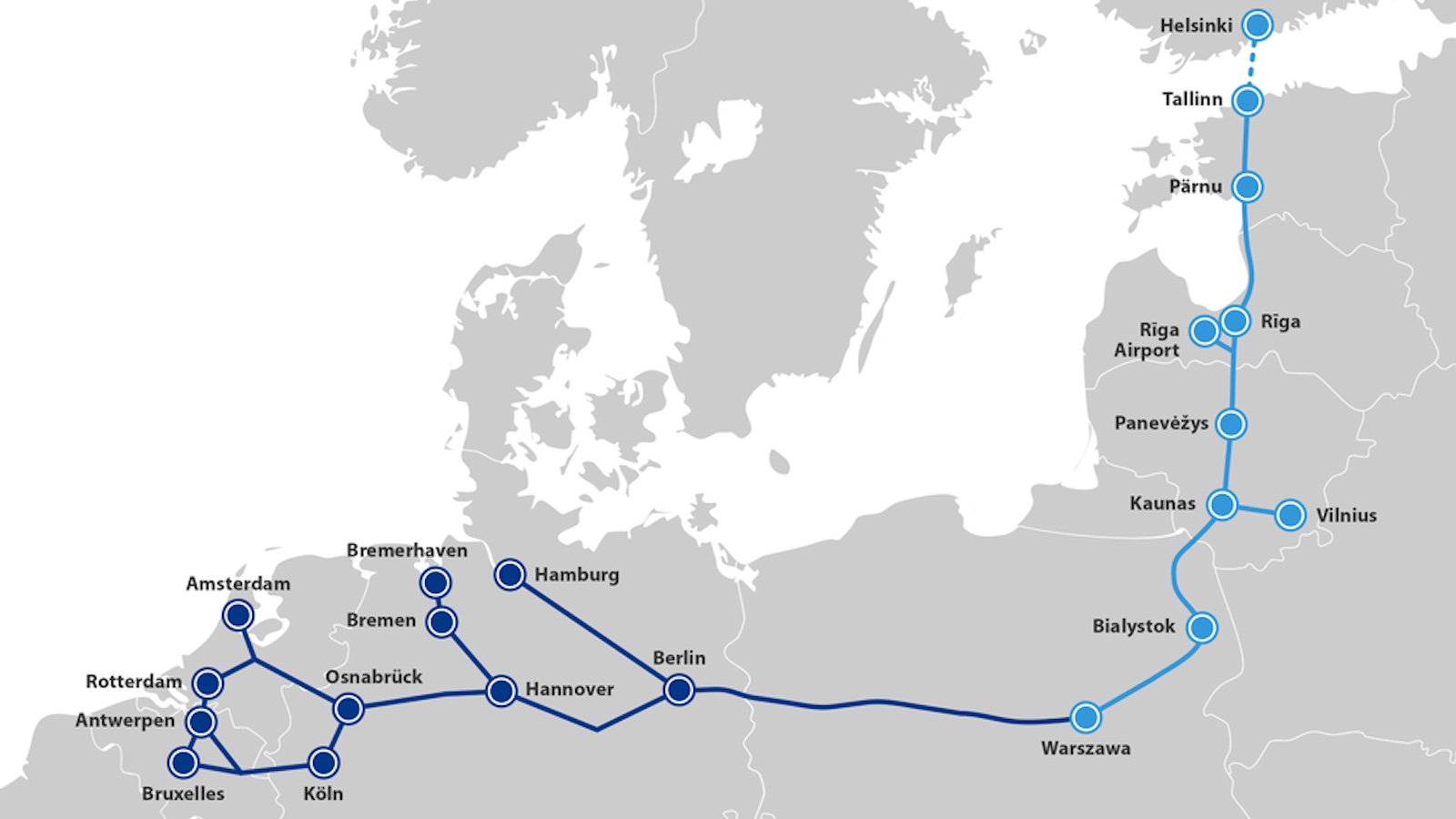According to Jeff Frieden, from the middle of the 19th century until 1914, there was a tightly integrated world economy.
Jeff Frieden: Well, I think it’s important to recognize that starting in the middle part of the 19th century, the world economy became increasingly integrated. We tend to think today and take for granted the notion that the world economy is very tightly globalized, that is that goods, capital and even people, ideas, technology flow around the world very easily from place to place. We take that for granted, and we tend to think that that’s the natural and normal course of affairs. The fact is that the world has been here before. That is, 100, 150, 170 years ago, starting in the 1840’s and all the way up until 1914, the world was, generally speaking, at least as globalized economically as it is today.
Capital moved around the world in vast quantities, trade was roughly as integrated as it is today, flows of people were even higher, at an even higher levels than they are today. That is, you could move around the world in the 19th and early 20th century pretty much without papers. Any European who wanted to leave his homeland and move to the New World or Latin America or to Australia could do so without a passport, without documents, just show up and as long as you weren’t insane or an anarchist or had some terrible communicable disease, you would get in.
So, movements of goods, capital and people were very, very free 100, 150 years ago. In fact, the world was tied together on one dimension even more than it is today, on a monetary standard called the gold standard, where all of the major world economies shared, in a sense, a common currency. That is, gold. You could go around the world with gold coins in your pocket and spend them in virtually every major economy in the world. So, we’ve been here before.
There was a world economy and it was very tightly integrated, and it lasted for decades and even generations, from the middle part of the 19th century up until 1914. It all… At the time, it worked extraordinarily well on many dimensions. The economy grew faster than it ever had. In those 75 or so years, the world economy grew more than it had in the previous 1000. Poor countries caught up with middle income countries, middle income countries caught up with rich countries.
A country like Argentina, which had started off that experience as a sort of a rural backwater in South America ended up, at the turn of the 20th century, 100 or so years ago, the 5th wealthiest country in the world. So, this is a period in which there was very rapid rates of economic growth. A lot of convergence as countries became closer and closer to each other economically, and a great deal of macro economic stability.
So, the people, at the time, like us today, could probably be forgiven for thinking that it was in fact the natural and normal course of affairs and would go on forever, but it didn’t. It all came crashing down in a matter of weeks in 1914. Now, that was World War I, and people at the time could be forgiven, I suppose, for thinking that it was the wartime experiences and the wartime dislocations that had led to the collapse of the globalized world economy of the 19th and early 20th century, but it wasn’t, because, after the war ended, the world spent, the leaders of the world’s major countries spent the next 20 years trying to put that classical integrated global economy back together, and they failed over and over and over again, the result of which was the Great Depression of the 1930’s, the rise of fascism and Nazism, and eventually descent into depression and war. So, we have experienced the globalized world economy before.
It had a lot of successes but it also ended in a spectacular catastrophe, and I think we have perhaps lessons to learn from both the positive and the negative experiences of the previous era of globalization.
October 14, 2008





